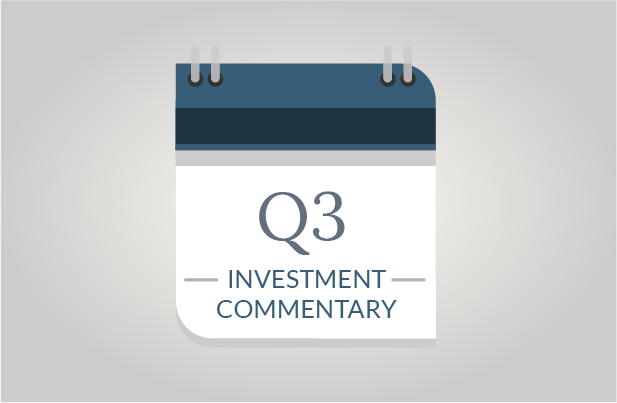While often overlooked, robust tax planning is one of the most valuable pieces of a complete financial plan. Tax law is constantly changing, making it important to spend time evaluating how new changes could affect your finances.
Tax planning refers to a review of your tax return to identify potential planning opportunities – both now and in the future – to keep your lifetime tax liability as low as possible. This is different than tax preparation, which is simply filing your tax return post the end of the tax year versus looking for proactive opportunities.
Here are a few tax planning approaches to make wise financial decisions before year-end.
Possible Year-End Tax Strategies to Consider
Strategies to consider this year include traditional approaches, plus some alternative options.
Key traditional strategies that we always explore include the following:
- Tax-Deferred Retirement Plan Contributions: Maximizing contributions to retirement plans can improve your current year tax planning and future year retirement planning. (Note: Alternate Roth retirement plan contributions (which are post-tax) could be preferential if you’re in a low tax bracket.)
- Capital Gains: Strategic planning for investment sales can help lower or avert capital gains tax.
- Roth IRA Conversions: Elective Roth IRA conversions can help to reduce future tax burdens. These are particularly worthy of exploration if you’re in a low tax bracket.
- Charitable Giving: Strategic charitable giving can benefit organizations and help to reduce your taxable income. Careful planning might be required for taxpayers unable to itemize deductions. There are several techniques and types of assets to give that can enhance your charitable giving potential.
- Required Minimum Distributions (RMDs): After some reprieves, RMDs are mandatory again and start for those turning 73. If you’re age 70 ½ or older, qualified charitable distributions (QCDs) might be the best strategy for charitable intents and help lower the tax impact of the RMDs.
- College Account Contributions: Certain college savings contributions could help to reduce your taxable income for the benefit of children, grandchildren, or other family members.
- Family Gifts: Elective lifetime gifts might be appropriate to reduce your future estate tax burden.
- Estimated Tax Payments: Estimated tax payments may be necessary to avert tax penalties and interest.
New strategies of particular interest relative to potential tax changes include:
- Change in Retirement Plans: SECURE 2.0 made a number of changes to tax law regarding retirement plans. These include changes to catch-up contributions, higher limits for those 60-63 years old, more flexibility with solo 401(k), SIMPLE, and SEP plans and expanded Roth contributions. Tax planning can evaluate how these impact you.
- Elective Capital Gain Realization: Potential changes in capital gain taxes realized during a person’s lifetime and possibly imposed upon assets at death could warrant elective capital gain realization. This is particularly worthy of consideration if your capital gain taxes might be less this year than if deferred into the future.
- Family Gifts: Individuals potentially facing estate taxes and/or who hold significant capital gains in their assets might wish to consider gifting assets during their lifetime. Historically, it’s been best to gift assets with high cost basis (or low embedded capital gains). However, the potential for capital gains to be taxed at death could make lifetime gifts of appreciated assets more attractive.
- Note: It’s important to remember that the current estate tax exemption of $13.6 million per person is set to reduce to approximately $6 million in 2026 without any further tax changes.
- Itemized Deductions: While tax law prohibits more than $10,000 in deductions for state taxes, business owners may want to consider strategies that could allow higher federal tax deductions.
Year-End Efforts and Timing
Year-end tax planning season is typically busy for most professionals. This extends to accountants, financial advisors, attorneys, account custodians and others. It’s important to relay any financial updates to your advisors in advance of year-end to ensure everyone has adequate time to evaluate, discuss, and act.
SageVest is committed to helping identify proactive planning strategies toward your current and future financial goals. We seek and evaluate opportunities including topics such as tax efficient retirement accounts, capital gains planning, Roth IRA conversions, and more. Tax planning strategies are just one element of our broader services extended on your behalf. We invite you to contact us to learn more about how we can help you secure your financial future.




